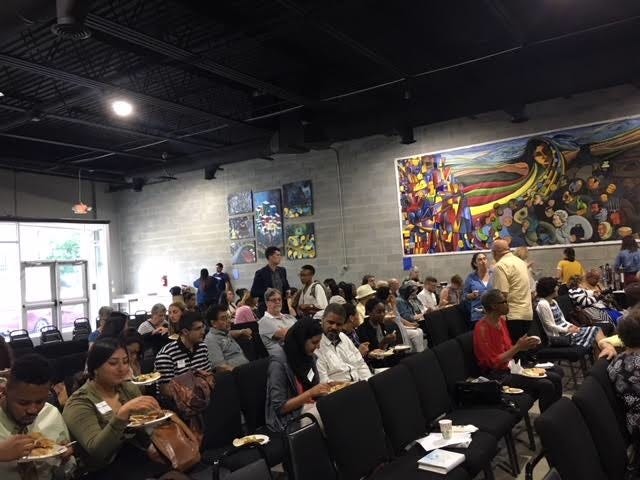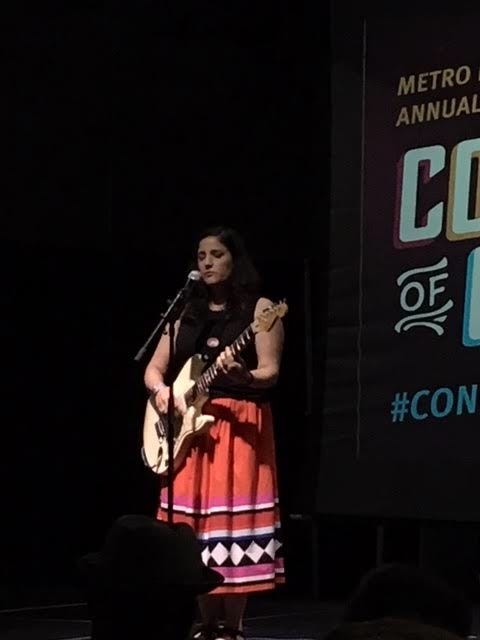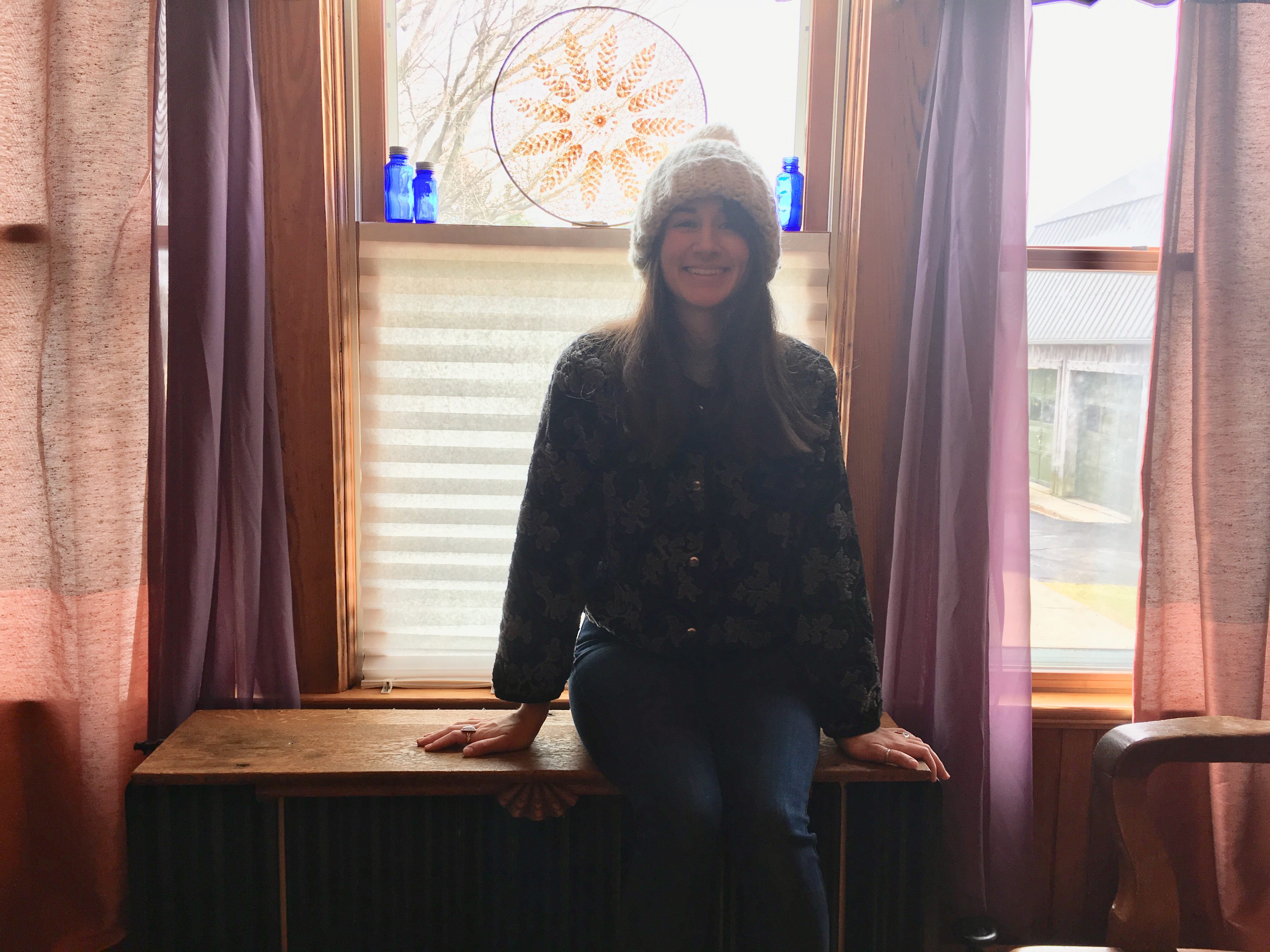Details
Article
Today was marked by difficult and life-affirming questions. In reflection, I am reminded of a thought that I have heard certain Healing Justice practitioners voice: no one person holds all the answers and no one person holds all the questions. I think it could serve as a useful meditation to understand today through the questions that arose from it.
To contextualize, we began by hearing about the University of Michigan’s Detroit Metropolitan Area Communities Study (DMACS). While there were many questions that deserve reflection, here are a few that I am holding on to from our first discussion of the day: How can our perspective as a group of majority outsiders who are entering this community for a limited period of time understand the line between voyeurism and serving? How can we use our unique perspective to look critically at the state of the Kerner Commission Report 50 years after its naissance? Professor Gerber, a co-author of U of M’s DMACS, asked how regional cities might be organised to commune productively around transportation.
As our next discussion about 1967 (and the critical, oft overlooked years that followed it) shifted its focus to the present moment, the question came about of how we can hold corporate stakeholders accountable to the public good when so much new development of major cities is happening privately. As we looked at the bankruptcy of 2013 and the fraught web of emergency management that was created through the state, Lutalo asked when will we hold the state accountable for its role in harmful policies and austerity measures that it has inflicted upon the city?

Finally, we experienced an incredible panel of artist speakers at the 26th annual Concert of Colors. It was remarkable that many of they artists’ responses seemed to resonate with questions we had been grappling with throughout the day. When asked what boundaries exist that prevent us from connecting with each other, Ananya Chatterjea, an inspiring choreographer on the panel, mentioned that the carceral culture in which we live often pushes us to turn our backs on one another. She says that we have to remember to be humble and work everyday to be find balance. We mustn’t give in to our knee-jerk reaction to other, rather she says, we should. remember the “miraculousness of the breath. We were meant to survive and thrive.” She mentioned the wisdom she learned from her Dakota friends who remind her to “recognize the abundance of the sun. It shines for all of us.” With that being said, she noted that not all boundaries are a hindrance. She mentioned that for those of us who carry historic injustices, it may be important to keep boundaries in order to take care of ourselves.

As we sift through the myriad responses and ideas that will arise in the coming weeks, it will perhaps be helpful to return to these questions and sit with them from time to time. I am excited to see how they evolve and take shape.





